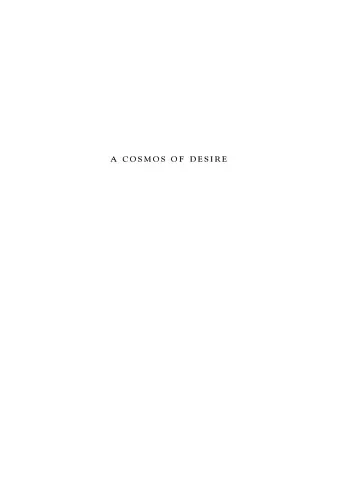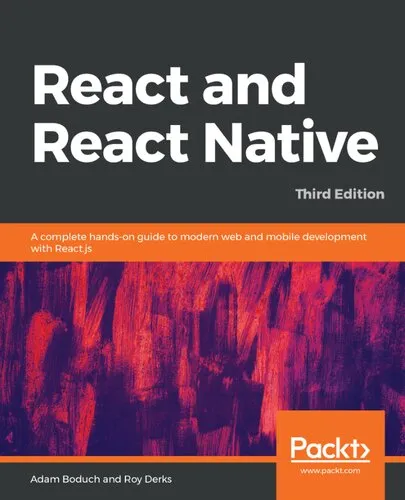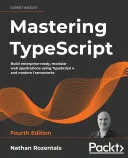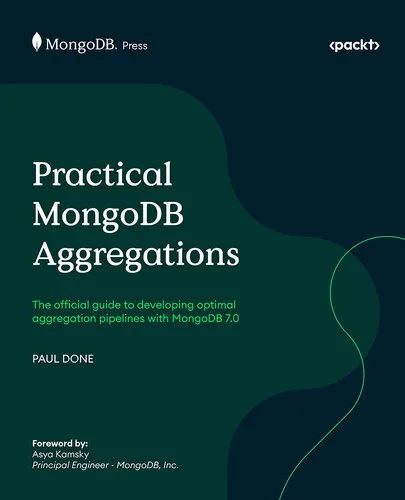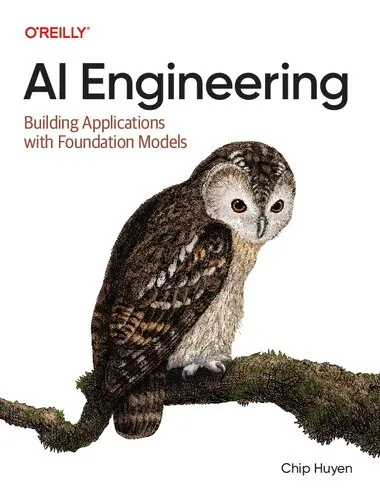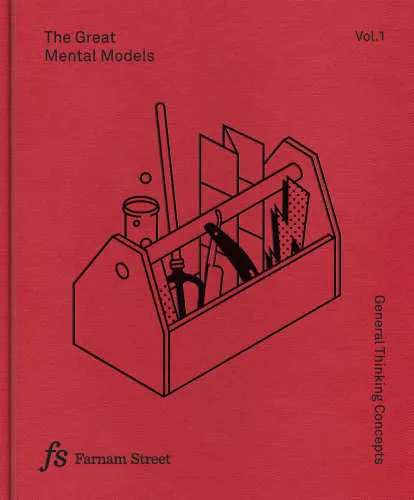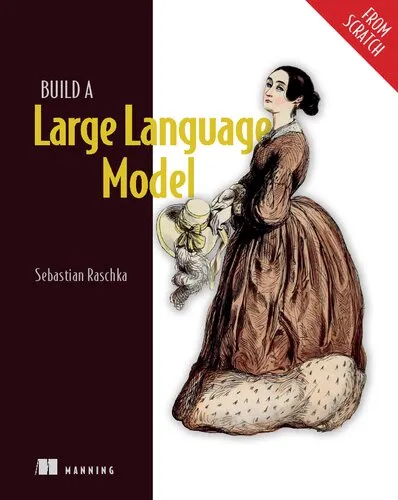A Cosmos of Desire: The Medieval Latin Erotic Lyric in English Manuscripts (Studies in Medieval and Early Modern Civilization)
4.5
بر اساس نظر کاربران

شما میتونید سوالاتتون در باره کتاب رو از هوش مصنوعیش بعد از ورود بپرسید
هر دانلود یا پرسش از هوش مصنوعی 2 امتیاز لازم دارد، برای بدست آوردن امتیاز رایگان، به صفحه ی راهنمای امتیازات سر بزنید و یک سری کار ارزشمند انجام بدینکتاب های مرتبط:
معرفی کتاب 'A Cosmos of Desire: The Medieval Latin Erotic Lyric in English Manuscripts'
کتاب 'A Cosmos of Desire' کتاب شامل بررسی مجموعهای از اشعار لاتین عشقی و اروتیک است که در نسخههای خطی قرون وسطی انگلستان یافت شدهاند. توماس سی موزر جونیور این اشعار را نه تنها به عنوان متون ادبی بلکه به عنوان بازتابی از پیچیدگیهای جامعه، فرهنگ و روانشناسی انسانی در آن دوران تحلیل میکند. کتاب به خواننده کمک میکند تا بفهمد چگونه اشعار عشقی در زمینههای اجتماعی و مذهبی پیچیده زمان خود شکل گرفتهاند و چه تاثیری بر ادبیات و فراتر از آن داشتهاند. یکی از ویژگیهای برجسته این کتاب، تحلیل عمیق متن به متن اشعار و پیوند دادن آنها به مفاهیم فلسفی، روانشناسی و نظریههای ادبی مدرن است. نویسنده با استفاده از روششناسی میانرشتهای، خواننده را به سفری در دل تاریخ، ادبیات و جذابیتهای فرهنگی میبرد. "Desire is not merely a human emotion; it is a cosmic force that shapes the world, the language, and the culture around us." "Each manuscript is a window into the soul of a civilization, reflecting both its grandeur and its vulnerabilities." این کتاب اهمیت ویژهای در درک ادبیات، تاریخ و فرهنگ قرون وسطی دارد. از یک سو، اشعار عشقی و اروتیک لاتین به عنوان بخشی از ادبیات آن دوران، به خواننده دیدگاهی جدید از احساسات و آرزوهای انسانی آن عصر ارائه میدهند. از سوی دیگر، تحلیل علمی و میانرشتهای این اشعار به خواننده امکان میدهد که پیچیدگیهای اجتماعی، مذهبی و فرهنگی دوران قرون وسطی را بهتر درک کند. علاوه بر این، 'A Cosmos of Desire' به دانشجویان، محققان و علاقهمندان به ادبیات و تاریخ منابع ارزشمندی برای مطالعه ارائه میدهد و نشان میدهد که چگونه ادبیات میتواند به عنوان یک ابزار قدرتمند برای فهم تحولات فرهنگی و انسانی به کار رود.خلاصهای از کتاب
نکات کلیدی
جملات معروف از کتاب
چرا این کتاب مهم است؟
Introduction to "A Cosmos of Desire: The Medieval Latin Erotic Lyric in English Manuscripts"
"A Cosmos of Desire: The Medieval Latin Erotic Lyric in English Manuscripts" delves into an intriguing aspect of medieval literature often left in the shadows—erotic lyric poetry written in Latin. This interdisciplinary work examines the intersection of passion, intellectualism, and artistry as it appears in medieval manuscripts preserved in England. By exploring these texts, the book provides critical insights into the expression of love, lust, and desire in a time when such topics were deeply intertwined with social, theological, and philosophical frameworks.
Detailed Summary of the Book
The book is structured as an academic study that balances rigorous textual analysis with a broader cultural examination of medieval thought. It explores how erotic Latin lyrics were composed, transmitted, and understood. These poems, often anonymous, capture a fascinating blend of emotional intensity and intellectual sophistication that challenge modern assumptions about medieval literature. The book investigates their themes, sources, and formal characteristics while considering their reception and transmission in medieval England.
Much of the analysis revolves around the symbiotic relationship between desire and intellect. Rather than reducing eroticism to a simplistic bodily craving, these works elevate it to a cosmos of celestial longing and reflective pleasures. The manuscripts reveal how medieval poets could seamlessly integrate the sacred and secular, showcasing the profound complexity of medieval views on relationships, sin, and the human experience.
Thomas C. Moser Jr. illuminates historical contexts surrounding these works, from the theological interpretations of desire in medieval Christianity to societal norms around love and courtship. By situating the erotic lyric within its manuscript culture, he underscores the importance of materiality in understanding how these texts functioned both as literary artifacts and as reflections of collective human longing.
Key Takeaways
- Medieval Latin erotic lyrics combine intellectualism and sensuality, challenging modern stereotypes about medieval culture.
- The texts reflect multifaceted views of desire, presented through metaphor, allegory, and intricate linguistic craftsmanship.
- Interpreting these works requires an understanding of their theological, philosophical, and social contexts.
- Manuscripts serve as both cultural artifacts and windows into the shared experiences of love and longing in the medieval world.
- The book demonstrates the richness of medieval literature and reveals its relevance to contemporary discussions about human emotions and relationships.
Famous Quotes from the Book
"In medieval thought, desire was not merely an earthly impulse but a vessel for transcendence, a bridge linking the corporeal to the divine."
"The writers of these lyrics shaped passion into poetry, elevating their yearning beyond the personal to tap into universal truths about the human condition."
"To touch another through words is to leave an indelible mark—a testament to the enduring power of poetry in the face of time and mortality."
Why This Book Matters
"A Cosmos of Desire" is a pioneering contribution to the study of medieval literature, offering a rare glimpse into the underexplored genre of Latin erotic poetry. It bridges the gap between historical scholarship and literary appreciation, making these texts accessible to both academics and general readers who seek to understand the emotional and intellectual underpinnings of medieval life.
The book matters because it challenges preconceived notions about the Middle Ages—particularly the stereotype that the era was devoid of nuanced discussions about love and sexuality. By reintegrating these suppressed narratives into our understanding of medieval culture, the book encourages a more inclusive, vibrant view of literary history.
Above all, "A Cosmos of Desire" affirms the timeless resonance of human passion, creativity, and the quest for connection. Its themes and insights remain relevant today, influencing modern discussions about how we express and interpret desire in a rapidly changing world.
دانلود رایگان مستقیم
شما میتونید سوالاتتون در باره کتاب رو از هوش مصنوعیش بعد از ورود بپرسید
دسترسی به کتابها از طریق پلتفرمهای قانونی و کتابخانههای عمومی نه تنها از حقوق نویسندگان و ناشران حمایت میکند، بلکه به پایداری فرهنگ کتابخوانی نیز کمک میرساند. پیش از دانلود، لحظهای به بررسی این گزینهها فکر کنید.
این کتاب رو در پلتفرم های دیگه ببینید
WorldCat به شما کمک میکنه تا کتاب ها رو در کتابخانه های سراسر دنیا پیدا کنید
امتیازها، نظرات تخصصی و صحبت ها درباره کتاب را در Goodreads ببینید
کتابهای کمیاب یا دست دوم را در AbeBooks پیدا کنید و بخرید
1158
بازدید4.5
امتیاز0
نظر98%
رضایتنظرات:
4.5
بر اساس 0 نظر کاربران
Questions & Answers
Ask questions about this book or help others by answering
No questions yet. Be the first to ask!
